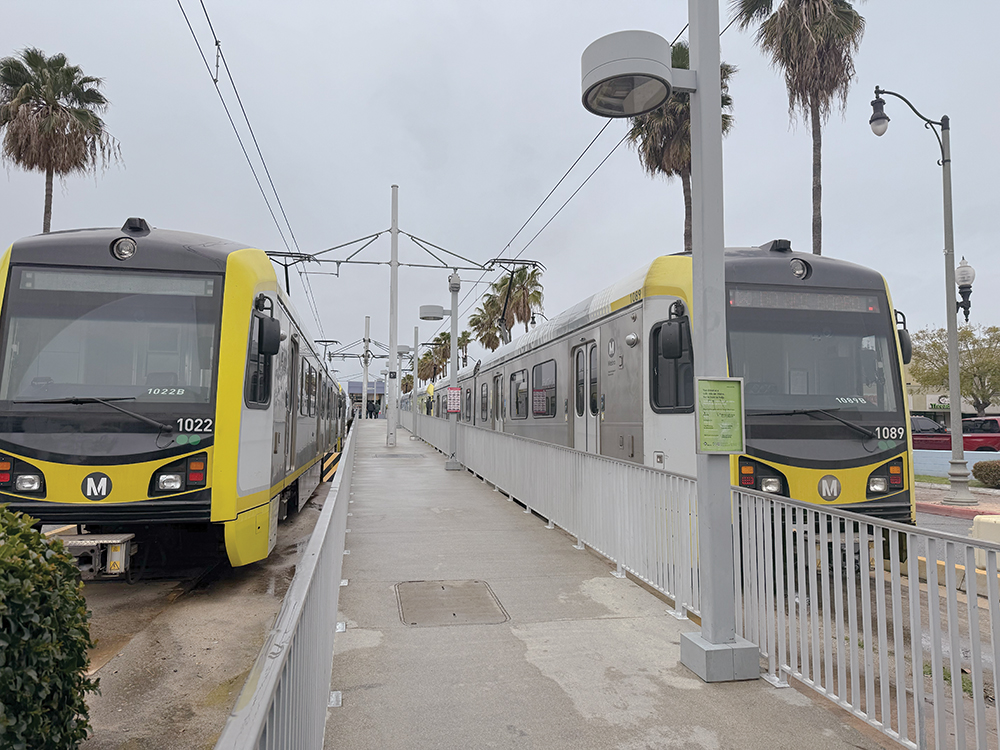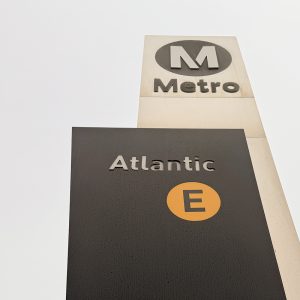The Metro Transit Agency just announced a new 9-mile expansion coming to the communities of East Los Angeles, Commerce, and Montebello. The renamed E line (formerly known as the Gold Line) will run through three new stations, commencing at the Atlantic Station in East LA. Construction will begin as early as later this year, with a projected end date in 2029. This latest expansion will bring public transportation to transit-dependent communities with high travel demand to ease traffic congestion and create a more transportation-efficient LA county.
In May 2024, the Metro Board approved the last environmental impact report, further advancing the project. This project will be broken into two phases, with Phase One beginning later this year and an estimated completion by the year 2037. However, construction for phase one is not expected to begin until 2029. Riders can anticipate the existing Atlantic/Pomona station to be rebuilt underground. The three other stations would be built as an Atlantic/ Whitter station, Commerce/ Citadel station, and Montebello/Greenwood station. Phase two of this expansion would bring the metro rail through Pico Rivera, Santa Fe Springs, ending in Whittier. However, this next phase would not begin its planning process until phase one is underway to allow the teams to seek additional federal funding.
Metro has projected that this project would increase population by 11% and jobs by 25% by 2042. In response to the publication LAist, Los Angeles County Supervisor and Metro board director Hilda Solis said, “Certifications of the environmental documents for the Eastside Extension and Southeast Gateway Line represent a significant milestone in our mission to achieve transportation equity in Los Angeles County, particularly for these historically underserved public- transit deserts”.
While this extension will make intra-city travel easier, many commuters and residents express concerns over safety, construction interruptions, and business disruption. Resident and Realtor Stephanie Butler points out concerns over the homeless crisis and wonders what Metro and the city will do to counteract it. Other residents and riders look forward to easier and more accessible transportation in their communities. “I can’t wait for the metro to run close to Whittier. I was hoping this would help with traffic on all major avenues in Whittier,” said Resident Lorena Vellanoweth.
In response to crime and security concerns, Whittier councilmember and Metro Board member Fernando Dutra raises solutions by creating a special security force for Metro. “Officers that we hire will be trained a little differently to address the social issues that we’re currently facing on trains and buses”, explained Dutra. Along with the new specialized force, he announced new technology to improve safety, such as taller fare gates and AI-powered weapon detection systems.
Metro is dedicated to improving the transit experience from the first to the last mile. Metro works directly with local agencies and cities to improve streets and make public transportation more attractive. Metro is also hosting opportunities for the community to come out and see the developments of future stations to garner feedback. Riders and residents must wait until the expansion is completed to see the impact on their communities.



